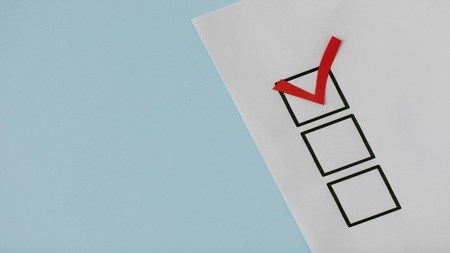A guide to tenant deposits
Managing tenant deposits in rental properties can be tricky for both landlords and tenants. Disputes around refunds, damage claims, and legal obligations are common. This guide, rooted in the Rental Housing Act (RHA), provides a clear outline on how deposits should be handled, ensuring compliance with South African law.
What is a rental deposit?
A rental deposit is a sum of money paid by the tenant to the landlord before moving into a rental property. According to the Rental Housing Act, landlords can require a deposit as a security measure, which can be used to cover unpaid rent or damages to the property. This amount is typically equal to one or two months’ rent, depending on the market and the specific lease agreement.
Key points:
- Legality of the deposit: Section 5 of the RHA allows landlords to require a deposit from tenants.
- Deposit amount: The RHA does not stipulate a fixed amount but it’s commonly one to three months' rent.
Why landlords typically charge a 2-month deposit
Eviction process: Can take up to 10 weeks and cost R6000 to R8000. During this time, landlords may not receive rental income, making a deposit critical to covering costs.
Defaulting tenants: About 16% of tenants are in arrears, reinforcing the need for a higher deposit to protect landlords financially.
Misuse of deposit as rent: Tenants may try to use the deposit as their last month’s rent, but this is a breach of the lease. Landlords can take legal action, including blacklisting the tenant.
Deposit investment: Landlords must invest the deposit in an interest-bearing account. Tenants have the right to request proof of interest earned.
While it’s a significant upfront cost for tenants, it makes sense for landlords to protect themselves from financial loss. However, it’s not a legal requirement, and the amount should be clearly outlined in the lease agreement.
Legal guidelines for handling deposits
Landlords must handle rental deposits in a specific manner. They are legally obligated to place the deposit in an interest-bearing account, with the interest rate no less than that of a standard savings account. Tenants are entitled to request proof of interest accrued at any time during the lease.
Important legalities:
- Proof of interest: Landlords must provide written proof of accrued interest upon request (RHA, Section 5(d)).
- Ownership of interest: Any interest earned belongs to the tenant.
Joint property inspections – protecting both parties
Joint inspections at the start and end of the lease are required by law. This helps avoid disputes regarding damages and allows landlords to use deposits only for actual damages.
Inspections checklist:
- Pre-occupancy inspection: Document property conditions before the tenant moves in.
- Final inspection: Conduct within three days of lease expiration.
- Use of photos: Date-stamped photos can help avoid disputes.
What can a landlord deduct from the deposit?
Landlords may use the deposit to cover unpaid rent or tenant-caused damage. However, they cannot deduct amounts for normal wear and tear. Receipts must be provided for any deductions.
Examples of valid deductions:
- Cigarette burns on carpets.
- Broken fixtures due to tenant negligence.
- Unpaid rent.
- Stains on walls or ceilings.
- Damaged appliances (e.g., stove, fridge).
- Broken windows or doors.
- Scratched or damaged flooring.
- Missing items (e.g., curtain rails, light fixtures).
Timely deposit refunds – know your rights
According to the RHA, landlords must refund the deposit (minus any valid deductions) within 14 days of the lease’s end. If there are deductions for damages, this may extend to 21 days.
Joint inspections are crucial: If landlords or agents fail to do a joint inspection at the beginning and end of the lease, they lose the right to claim damages from the deposit.
Document condition with reports: Tenants should complete entry and exit inspection reports, take photos of defects, and keep records safe to avoid disputes.
Deductions are limited: Landlords can only deduct for tenant-caused damage, not for fair wear and tear, and must provide receipts and proof of interest earned on the deposit.
Avoiding disputes and ensuring compliance
Clear communication and following the RHA guidelines can help avoid disputes. Ensure the lease agreement is detailed, and conduct joint inspections to protect both the landlord’s and tenant’s interests.
Tenants who believe their landlords are unfairly withholding their deposits can report the issue to the Rental Housing Tribunal, which offers free services. South African law mandates that landlords can only deduct from the deposit for tenant-caused damage, not normal wear and tear, and must provide receipts for repairs.
A final property inspection must be conducted within three days before the lease ends, with the tenant present. If the landlord fails to inspect, they must refund the full deposit. Any remaining deposit, plus interest, must be refunded within 21 days. The Tribunal can resolve complaints within 90 days, with rulings equivalent to a magistrate’s court decision.





